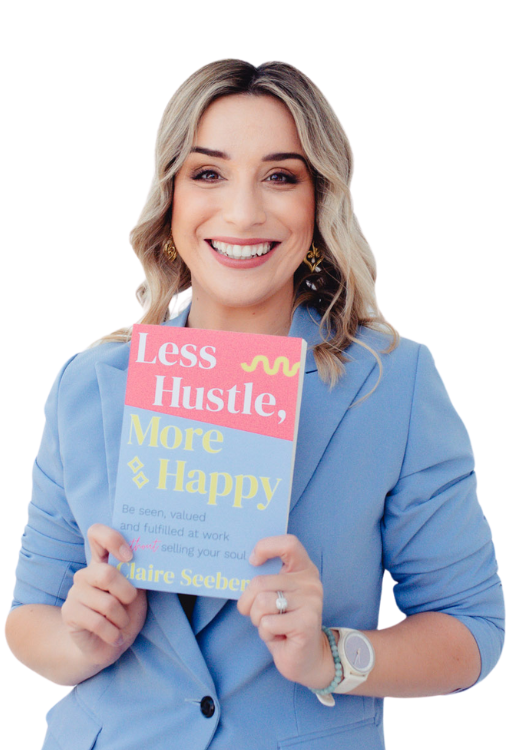Nailing an interview isn’t just about having the right experience on paper, it’s about knowing how to talk about it with clarity and confidence.
Whether you're aiming for your next big leadership role, or just want to make a stronger impression in your next interview, there are a few key things recruiters look for, and they’re not always what you expect.
I sat down with Caitlin Iustini, founder of PARTNER Executive recently, to learn more about what she believes helps candidates to stand out more at any level.
1. Soft Skills Are No Longer “Nice to Have”
There’s no doubt that qualifications and experience matter. But these days, it’s the human traits (empathy, communication, adaptability) that often get you over the line, and differentiate you in a sea of other applicants. Caitlin sees time and again how high emotional intelligence can set someone apart, even if others have similar technical skills.
2. Own Your Full Story (Even the Messy Bits)
Got a career gap on your resume? Took a sidestep? Changed industries a few times? Good. These don’t have to be red flags, they’re part of your story. Instead of brushing past them, Caitlin recommends framing them as intentional choices. Sharing what you learned during the time you spent away from the workforce, and how those experiences made you stronger or more well-rounded is better than trying to cover up the career gap.
3. Stop Underselling Yourself
One of the most common themes I personally see from my clients as a career coach (especially women) is downplaying their achievements - often using collective language like “we” instead of “I”, avoiding examples of demonstrated leadership, or feeling like talking about something you did well is “bragging” or “arrogant”. But Caitlin says that the way to reframe that is to show accountability. If you don’t feel comfortable saying you kicked every goal at work, then talk equally about the time about the time the vision didn’t go to plan, how you recognised what you did wrong, and what learnt from it for future. This is a way to demonstrate yourself as someone with high levels of self awareness, ownership and a level of humility.
4. Back It Up with Examples and Stories
Saying you’re “agile” or “great under pressure” won’t mean much unless you can back it up. Come into interviews prepared with examples, always. Stories that show what you did, how you did it, what you learnt, and the outcome are critical. Use data or specific results if you can, even if the project was a team effort.
5. Presentation Matters (Yes, Even Online)
Your resume and LinkedIn profile don’t just list your jobs and tasks, they tell your unique story. Caitlin emphasises the importance of making these tools work for you, and states it’s one of the first things she checks out after reading a candidate’s resume. Focus on clear, value-driven language that showcases results, not just responsibilities.
To Recap
So, whether you’re prepping for a promotion, pivoting industries, or re-entering the workforce after a break, these tips are all relevant at every and any stage in your career. And the best part? None of these tips are about changing who you are, instead they are about learning how to bring your career story forward in full flight, with confidence, ownership and conviction in what you bring to the table.
Need a hand selling yourself and building your career story with more confidence? This is something I work with women on every, single day. Reach out and let’s connect.






